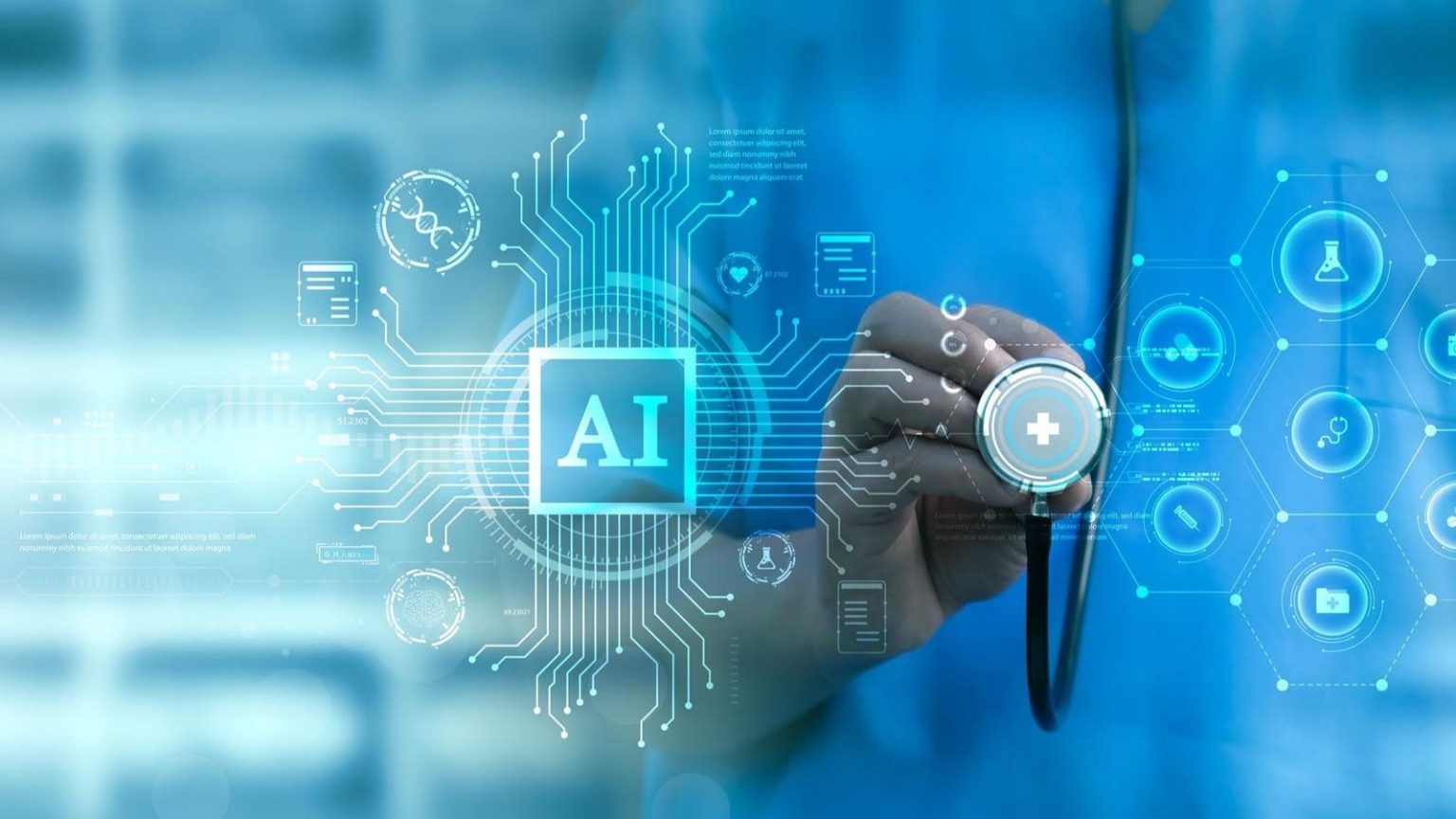Generative AI is poised to revolutionize the healthcare industry, changing the way professionals diagnose and treat diseases, research new medicines, and manage administrative tasks. While AI will never replace the expertise and human touch of doctors and nurses, it can enhance their abilities and provide quick insights and analysis. This technology will allow healthcare professionals to focus more on patient care and improving outcomes.
Generative AI will assist frontline medical staff in diagnosing patients by analyzing complex data sets, such as medical images and patient notes. Image recognition algorithms can scan various types of scans and produce personalized reports in human language. This technology can also generate personalized treatment plans and identify the most effective treatments for individuals. Chatbots powered by generative AI will act as virtual medical assistants, providing triage, gathering patient data, and offering personalized advice.
In research and development, generative AI is accelerating the process of discovering new drugs. By generating genetic codes for T-cell receptors, scientists can conduct research that would typically take years in just a few weeks. Algorithms can create synthetic candidates for drug trials and suggest repurposing existing drugs for new conditions. Furthermore, generative AI can simulate physiological responses to drugs, creating ethical alternatives to human and animal testing.
While generative AI offers immense potential for improving patient outcomes and advancing medical research, it also raises ethical challenges around data privacy, bias, and regulation. Healthcare professionals will need to understand how to securely and responsibly handle sensitive information while being aware of when to delegate tasks to AI. Compliance with regulations and accountability for patient care will be essential as AI becomes more prevalent in the healthcare sector.
As generative AI tools become more integrated into healthcare tasks, professionals will see a shift in their responsibilities. With less time spent on routine and administrative work, healthcare workers can focus on consulting with patients and updating their skills and knowledge. The impact of this AI revolution is already being felt, and healthcare professionals must prepare now to ensure they can make the most of this technology for the benefit of their patients. Specialized roles focused on ensuring the ethical and accountable implementation of generative AI are likely to emerge as the technology continues to evolve.


